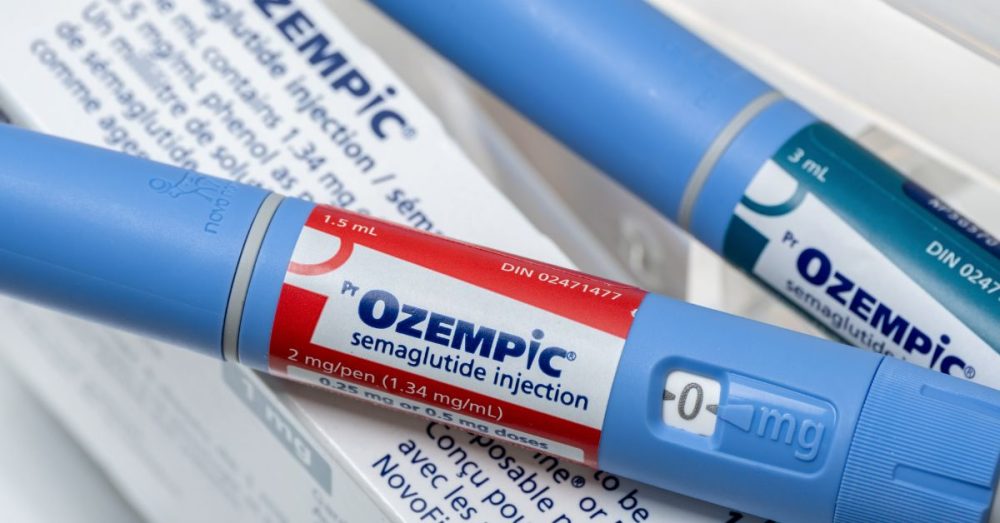A newly released study says that some GLP-1 drugs may be able to help control drinking in those suffering from an alcohol use disorder.
The findings, published in JAMA Psychiatry on November 13, found that individuals taking GLP-1 agonists, particularly semaglutide, found in the popular weight loss drug, Ozempic, can “markedly lower risk of alcohol-related hospitalizations and hospitalizations due to somatic reasons.”
This is not the first time these drugs have been found to show benefits outside of helping treat type 2 diabetes and managing body weight.
The Dallas Express reported that semaglutide users saw improvements in arthritic knee pain. In another study, Ozempic’s sister drug, Rybelsus, was linked to a 14% lower chance of suffering a cardiovascular event.
This is not the first time that the drugs have been linked to improvements in alcohol use disorder. A study published in October revealed that medications like Wegovy and Ozempic could help cut drug and alcohol abuse in half.
The latest findings, authored by scientists in Finland and Sweden, looked at 17 years of data covering over 220,000 people with alcohol use disorder coupled with either obesity or type 2 diabetes. Those taking semaglutide or liraglutide, the active ingredient in the medication Victoza, which is similar to Ozempic, consumed less alcohol and were less likely to be hospitalized for alcohol-related issues.
“GLP-1 agonists, especially semaglutide, offer promise as a novel treatment to reduce alcohol consumption and to prevent development of alcohol-related outcomes, but randomized clinical trials are needed to verify these initial findings,” concluded the authors.
The study found that people taking semaglutide and liraglutide even showed a significantly lower risk of hospitalization than individuals using drugs designed to treat addiction. Only 5% of the people in the study taking GLP-1 medications were hospitalized for alcohol use. In contrast, 40% of the study participants taking medicines approved to treat alcohol use disorder were hospitalized, eight times the rate of the former group.
According to the National Center for Drug Abuse Statistics, Texas experiences an average of 10,647 annual deaths linked to excessive alcohol use, with more than half of those tied to chronic causes, like alcohol use disorder.


